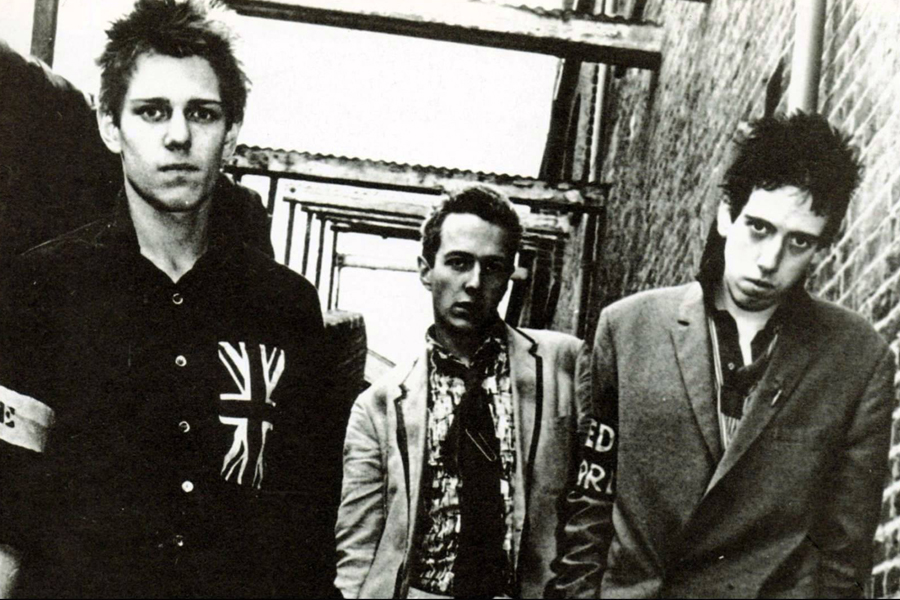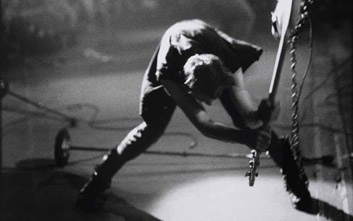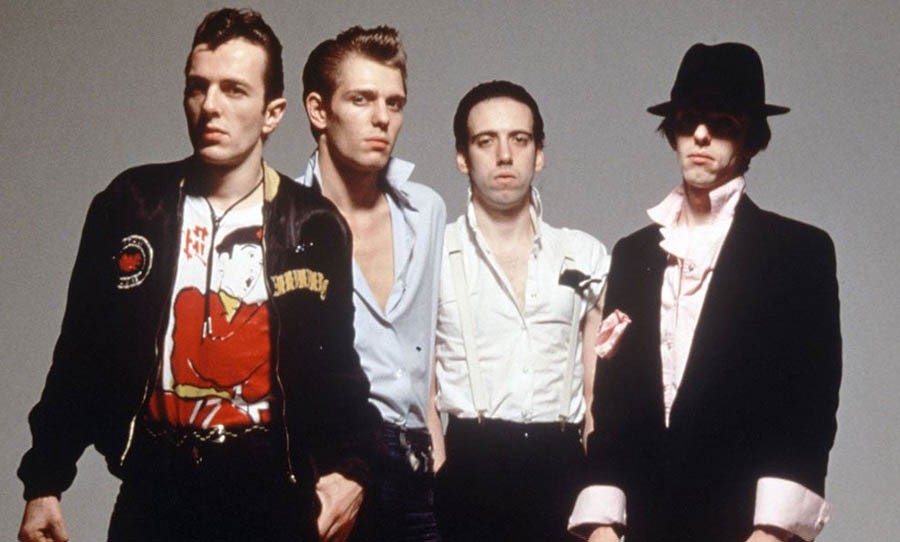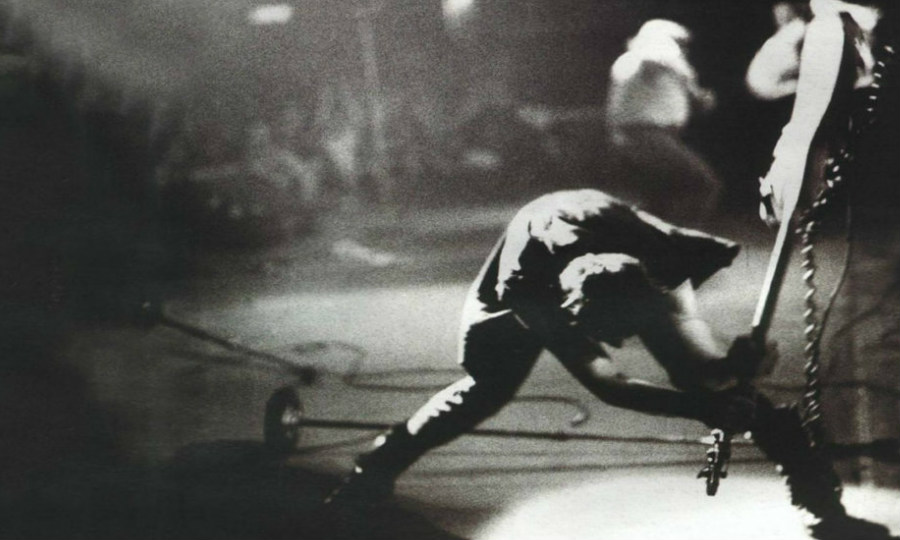On this day 40 years ago, The Clash started recording their breakthrough debut album. Even now, the self-titled record is still considered to be one of the greatest punk-rock releases in history and it set the band up for international success.
It seems impossible for a TV show or movie to travel to London without their politically charged hit London Calling playing over a travel montage, but the band’s legacy has a greater reach than one track alone.

Riding the incendiary wave of British punk in the 1970’s, The Clash brought the fiery genre to a wider audience than it had ever seen.
The band’s origins can be traced to the 1970’s as punk-rock began to capture the aggressive heart of the world’s youth. The Sex Pistols were the first to stir up real trouble in the UK, forming in February of 1976. Their live shows became notorious and the band members themselves claimed the gigs were more about creating chaos than playing music.
A month after the Pistols jumped the gun, a band called London SS formed. It had a short life, ending before playing a single live show but from these beginnings Mick Jones formed The Clash. He recruited Paul Simonon and Terry Chimes, who had tried out for London SS but failed to get a spot in the band. They also hired Joe Strummer, who chose that stage name because of his ‘uncomplicated’ guitar technique.
The band’s lineup would go through a myriad of changes over the years due to mental illness, scheduling conflicts and clashes in personality. Leading up to the debut album, the band went through multiple drummers and none of them were ever thought of as permanent band members.
After trialling a couple of band names including the Weak Heartdrops and the Psychotic Negatives, the final name was concocted by Simonon, who found himself reading about political, musical and social clashes in newspapers almost daily.
The Clash made their live debut in July of 1976 after only a month with Strummer. As you can imagine with a genre as confronting as punk, there was a healthy amount of destructive rivalry between different bands and The Clash were keen to beat another London SS spinoff to the stage.
But after that first gig they went off the grid, meticulously practicing to form their own musical identity and a sound outside of what anyone had heard before. Their manager Bernie Rhodes would encourage the group to write about the big issues, rather than love and relationships, which sparked the politically charged nature that The Clash have continued to uphold.
By 1977 punk had jumped to the front of public attention and The Clash rode that wave of success, signing a controversial deal with CBS Records for £100,000. The deal was met with scepticism from many fans and key figures in the genre, as any sort of ‘sellout’ did go against the values punk was built on.
Strummer addressed the concerns of the band selling out by saying that “I’ve been fucked about for so long I’m not going to suddenly turn into Rod Stewart just because I get £25.00 a week.”
While that hamstrung the doubt within their fanbase somewhat, the release of the album The Clash removed it entirely. It came in twelfth in the UK Charts and the lead single White Riot cracked the top 50.
While the Sex Pistols may have kick-started the punk rock scene in the UK, The Clash were able to evolve the genre, injecting a more public-friendly accessibility. By the time their third album London Calling was released, the band were infusing reggae and ska into their sound and as a bonus, you could finally understand the lyrics they were singing.
The ever-changing sound of the band combined with their politically fuelled lyrics and rebellious façade made The Clash one of the most influential bands in rock history, and their influence isn’t going anywhere anytime soon.


